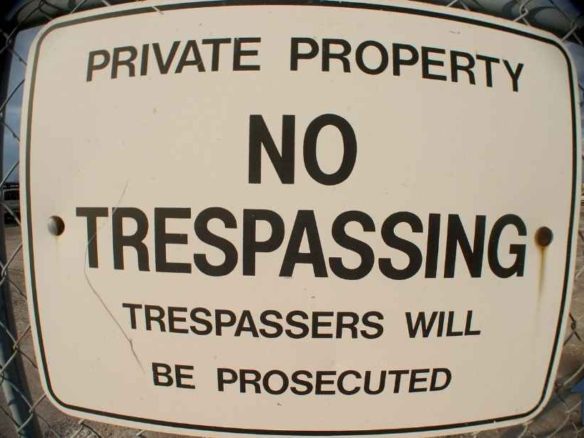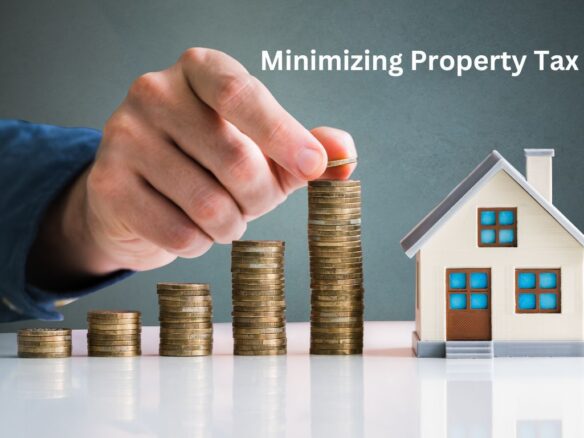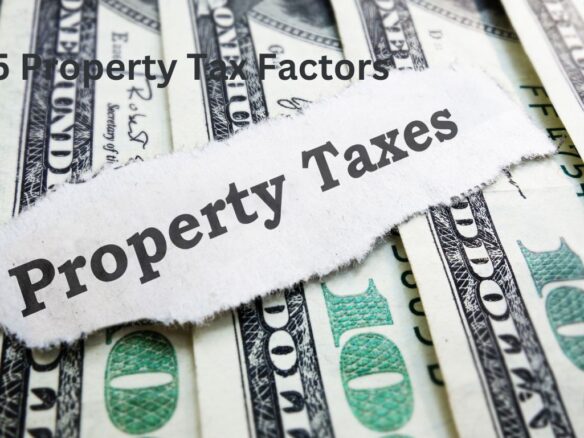When someone you love needs care in a nursing home, navigating the financial responsibilities can be daunting. A key role that often comes into question is that of the Power of Attorney (POA). Is the POA responsible for nursing home bills? This comprehensive guide will delve into the intricacies of a POA’s responsibilities, dispel common misconceptions, and provide actionable advice to safeguard against financial liability.
Understanding Power of Attorney
A Power of Attorney is a legal document that grants one person (the agent or attorney-in-fact) the authority to act on behalf of another person (the principal). This role can encompass a wide range of duties, from making healthcare decisions to managing finances. Understanding the scope of these responsibilities isIs Power of Attorney Responsible for Nursing Home Bills? crucial in determining whether a POA is liable for nursing home bills.
Types of Power of Attorney
General Power of Attorney
A General Power of Attorney grants broad powers to the agent, allowing them to make decisions about the principal’s finances, property, and other matters. This type is usually limited to the period when the principal is mentally competent.
Durable Power of Attorney
A Durable Power of Attorney remains effective even if the principal becomes incapacitated. This ensures continuity in decision-making and management of affairs.
Healthcare Power of Attorney
This type specifically allows the agent to make healthcare decisions for the principal, which may include consenting to medical treatments or selecting healthcare providers.
Financial Power of Attorney
A Financial Power of Attorney grants the agent authority over the principal’s financial matters, such as managing bank accounts, paying bills, and handling investments.
Responsibilities of a Power of Attorney
Decision Making Authority
The primary responsibility of a POA is to act in the best interest of the principal. This includes making informed decisions regarding their healthcare, finances, and other personal matters.
Financial Management
For a Financial POA, managing the principal’s finances is a significant duty. This can involve paying bills, managing investments, and ensuring that funds are appropriately allocated for various needs, including nursing home care.
Healthcare Decisions
A Healthcare POA must make decisions that align with the principal’s wishes and best interests. This can range from choosing healthcare providers to making end-of-life decisions.
Financial Responsibilities in Nursing Homes
Who Pays for Nursing Home Care?
Paying for nursing home care typically falls to the principal’s own funds or assets. If the principal has insufficient funds, other sources such as Medicaid or Medicare may provide coverage.
Sources of Nursing Home Funding
- Personal Savings: The principal’s own savings or assets are the primary sources.
- Long-term Care Insurance: Insurance policies specifically designed to cover long-term care expenses.
- Government Programs: Medicaid and Medicare can cover a portion of the costs, but eligibility and coverage vary.
Medicaid and Medicare Coverage
Medicaid can cover long-term care for those who meet specific financial criteria, while Medicare typically covers short-term care following hospitalization.
Power of Attorney and Financial Liability
Legal Responsibilities
Legally, the POA is not responsible for the principal’s debts, including nursing home bills. Their role is to manage the principal’s finances, not to pay from their own pocket.
Misconceptions about Financial Liability
A common misconception is that the POA becomes personally liable for the principal’s debts. However, the agent is only responsible for managing the principal’s funds to pay these bills.
Protecting the Agent from Financial Burden
To protect against personal liability, it’s important for the POA to maintain clear records, act within their legal authority, and avoid commingling personal and principal’s funds.
Situations Where Power of Attorney May Be Responsible
Misuse of Funds
If a POA misuses the principal’s funds, they could be held personally liable for any resulting debts, including nursing home bills.
Personal Guarantee Situations
If the POA personally guarantees payment for nursing home care, they can be held liable. It’s crucial to avoid signing any documents that could imply personal financial responsibility.
Legal Protections for Agents
Fiduciary Duty
The agent has a fiduciary duty to act in the best interest of the principal. This includes prudent financial management and avoiding conflicts of interest.
Legal Recourse for Mismanagement
If the POA mismanages funds or acts against the principal’s best interest, they can face legal consequences, including lawsuits and financial penalties.
Insurance Options
Errors and omissions insurance can provide a layer of protection for POAs, covering potential legal fees and damages resulting from claims of mismanagement.
Case Studies
Real-Life Scenarios
Examining real-life scenarios can provide valuable insights into the responsibilities and potential pitfalls of acting as a POA. These case studies highlight the importance of clear documentation and prudent financial management.
Lessons Learned
From these cases, we learn that transparency, regular audits, and professional legal advice are essential in avoiding financial liability.
How to Avoid Financial Liability
Clear Documentation
Maintain detailed records of all financial transactions conducted on behalf of the principal. This includes keeping receipts, invoices, and bank statements.
Regular Audits
Regularly auditing the principal’s finances can help identify any discrepancies or issues early on, ensuring they are addressed promptly.
Professional Legal Advice
Consulting with a legal professional can provide clarity on the scope of responsibilities and offer strategies to avoid personal liability.
Conclusion
Acting as a Power of Attorney is a significant responsibility, but it does not inherently mean being liable for nursing home bills. By understanding the role, maintaining clear records, and seeking professional advice, you can effectively manage the principal’s affairs without assuming personal financial liability.
FAQs
Can a Power of Attorney be held responsible for the principal’s debts?
No, a Power of Attorney is not personally responsible for the principal’s debts. Their role is to manage the principal’s finances to ensure bills are paid from the principal’s funds.
What happens if the nursing home bills are not paid?
If nursing home bills are not paid, the nursing home may take legal action against the principal’s estate. It is the POA’s responsibility to manage the principal’s funds to avoid such situations.
How can I ensure I am not financially liable as a Power of Attorney?
To avoid financial liability, keep thorough records, avoid personal guarantees, and consult with a legal professional to understand your responsibilities.
Can a Power of Attorney refuse to pay nursing home bills?
A Power of Attorney must act in the best interest of the principal. If there are insufficient funds, the POA should seek alternative funding sources such as Medicaid.
What are the risks of being a Power of Attorney?
Risks include potential legal consequences for mismanagement and the emotional burden of making significant decisions. It’s essential to act transparently and seek legal advice when needed.






Join The Discussion